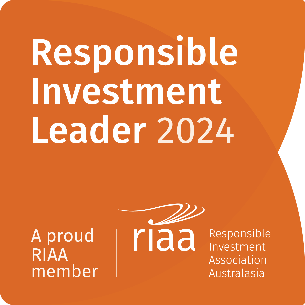2016 Budget – A Missed Opportunity

While the Government’s 2016 Budget must be rated highly for prudent fiscal management, it again fails to address a number of the key and increasingly pressing issues facing New Zealand. On the positive side, our country’s accounts are in good shape and we will move into a strong fiscal surplus over the next 5 years based on the Treasury’s optimistic growth forecasts. The important Government net debt to GDP ratio is forecast to fall below 20% by 2021, which will put our Government’s accounts amongst the least indebted globally, which has to be a good thing given our highly indebted household sector. Unemployment is expected to fall below 5% and 170,000 jobs are expected to be created by 2020.
On the negative side, this is very much a status quo Budget and does nothing to address some of our major problems. With a staggering 45% of houses being bought by investors or speculators we need some serious reform of the current tax system that removes the advantage investors have over owner occupiers. In some Auckland suburbs over 80% of homes are being bought by investors or speculators. The favourable tax status afforded to property investors, coupled with rampant immigration and cheap money, has led to an explosive bubble forming in property values which may well have serious financial and social implications in the not too distant future.
Auckland is grinding to a halt and we need sensible solutions to the congestion problem, like a congestion tax. We also need a more visionary focus on infrastructure expenditure to fund our massive infrastructure deficit. For example, the Irish government has been able to issue 100 year bonds at 2.35% and NZ should also be taking advantage of these record low interest rates globally to significantly lift our infrastructure. Ideally this should be done through PPP’s (Public Private Partnerships) so that the Government balance sheet remains strong. The Government is currently relying on councils to fund much of the infrastructure needed for growth, which simply moves debt off the government’s balance sheet and onto that of ratepayers. It could also be reasonably argued that most councils do not have the skills or resources required to manage major infrastructure projects.
And, possibly most importantly, we need to have a national debate on what type of growth we want as a nation. Our current growth is of very low quality because it relies almost entirely on immigration. We believe there is a need to focus on GDP per capita as a measure of success not on just simple GDP which is inflated by record immigration. For instance, over the last decade, real GDP growth per capita has been well below 1% p.a., which helps explain why income growth has been low, but why we also have house price unaffordability issues and congestion.
- Paul Glass - Principal at Devon






